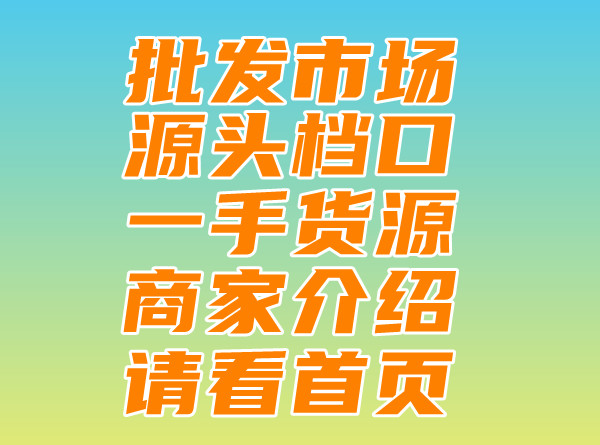Is it Illegal to Duplicate Luxury Goods "1 to 1"?
Is it Illegal to Duplicate Luxury Goods "1 to 1"?,
Luxury Goods Replication: Legal or Illegal?
In the realm of fashion and luxury goods, the concept of "1:1 replication" has become increasingly prevalent. This practice involves the production of identical copies of high-end, often expensive luxury items. While some argue that such replicas offer affordable alternatives to the original designs, their legality remains a subject of controversy.
The Legal Gray Area
The legal status of 1:1 replication is complex and often unclear. In many cases, the sale of these replicas may infringe on intellectual property rights, including trademark and copyright laws. Luxury brands hold exclusive rights to their designs, logos, and other intellectual properties, making it illegal to replicate these items without proper authorization.
However, the legal landscape is not always straightforward. In some instances, the line between inspiration and infringement becomes blurred. This gray area offers opportunities for legal challenges and varying degrees of interpretation by law enforcement agencies.
Impact on Original Brands and Consumers
The practice of 1:1 replication has significant implications for both luxury brands and consumers. For luxury brands, it can lead to a loss of revenue, brand image dilution, and potential damage to their reputation. The unauthorized sale of replicas erodes the perceived value and uniqueness of their products in the market.
For consumers, the availability of replicas provides an affordable option for luxury goods that are often beyond their budget. However, buying from unauthorized sources may expose them to risks such as poor quality products, fraud, or buying from illegal sources that could have ethical implications.
The Legal Path Forward
To address the issue of 1:1 replication, luxury brands need to take proactive measures. This includes strengthening their intellectual property protections, collaborating with law enforcement agencies to combat unauthorized production, and being more transparent about their legal strategies.
Consumers should also be educated about the risks associated with buying replicas and understand the importance of supporting legitimate businesses and genuine products. Additionally, international cooperation is necessary to harmonize laws and regulations to address the issue effectively.
Conclusion
In conclusion, the legality of 1:1 replication of luxury goods is a complex issue that requires a balanced approach. While it provides an affordable option for consumers, it also poses legal and ethical challenges that need to be addressed by both luxury brands and law enforcement agencies.

- Title: "Shenzhen Nanyao Replica Bags: A Closer Look"
- Gucci Bags: A Journey into the World of Replicas
- Fines and Penalties for Selling Replica Bags: Legal Consequences.
- Best Replica Bags: Ultimate Guide to Replicating the Best Quality of Fashion Purses.
- Retro Recipe: Replicate European Bread with Tradition and Taste
- "Replica Bags Guide: Shop Smart with Expert Selections"
- Vintage Saddle Bag Replica - Modern Update on Classic Style马鞍包复刻的现代经典款复刻
- "Recreate Traditional Charm of Baozi (Rice-Wrapped Dumplings) DIY"


